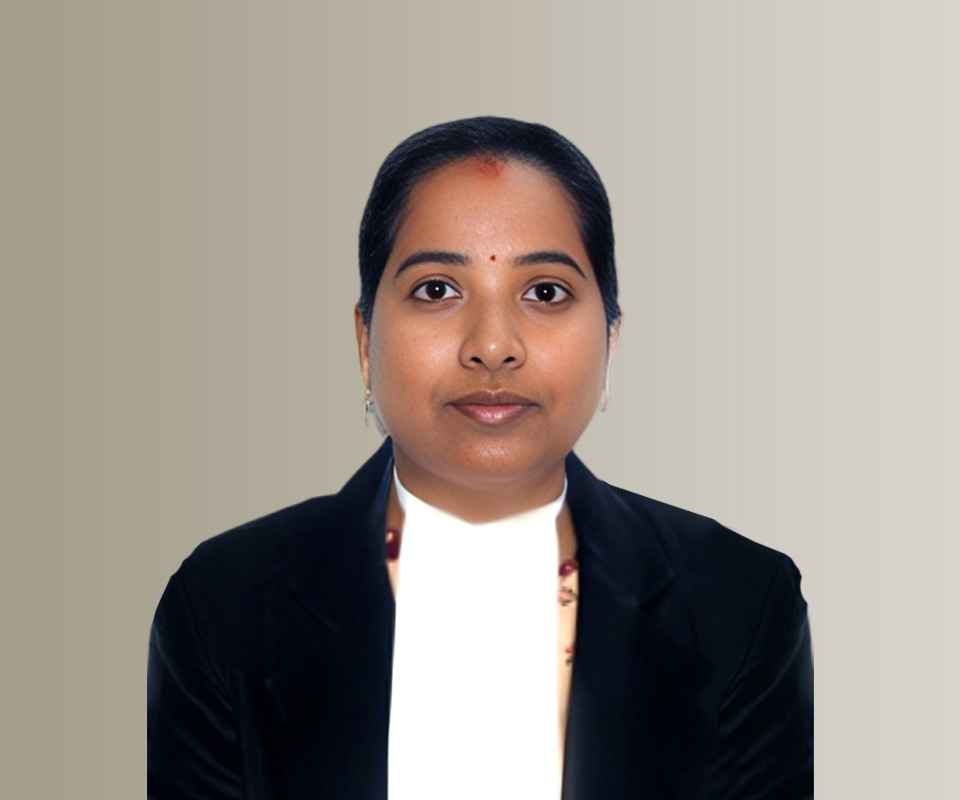Answer By law4u team
Divorce in India can be sought either by mutual consent or by contested grounds, and in both scenarios, court proceedings play a central role. One of the most common questions that arise is whether attendance in court is necessary for divorce proceedings. The answer depends on the type of divorce case, whether it’s mutual or contested, and the individual circumstances of the parties involved.
Is It Necessary to Attend Court for Divorce in India?
Court Attendance in Mutual Divorce Cases
Yes, both parties are generally required to attend court at least twice during a mutual divorce case under the Hindu Marriage Act, 1955 or the Special Marriage Act, 1954.
- First Appearance: After filing the divorce petition, both spouses must appear before the court to confirm that they are both willing to end the marriage by mutual consent. The court may also ask the couple about their terms of divorce, such as alimony, property division, and child custody.
- Second Appearance: After the cooling-off period of six months (if applicable), the parties are required to appear again to confirm their decision to proceed with the divorce. If both parties are still in agreement, the court will grant the final divorce decree.
Exception: In some cases, the court may allow one party to appear if the other party is unable to do so due to illness or other serious circumstances. In such cases, the absent party may be represented by their lawyer.
Court Attendance in Contested Divorce Cases
Yes, court attendance is mandatory for contested divorce cases as well. In a contested divorce, one spouse does not agree to the divorce, and the other spouse is seeking a divorce on grounds like cruelty, adultery, desertion, or irretrievable breakdown of marriage. The proceedings can be lengthy, involving multiple hearings, and both parties are usually required to attend the court sessions.
- Witnesses and Evidence: In contested divorce cases, witnesses may be called, and evidence may be presented. Both parties may need to be present in court to testify and present their case. Failure to attend could result in the case being dismissed or proceeding without the absent party’s input.
- Legal Representation: While physical attendance is typically required, it is also possible for the parties to have legal representation through a lawyer who can represent them in court if they are unable to attend due to valid reasons.
When Is Court Attendance Not Required?
- Power of Attorney: In some exceptional cases, one party may not need to attend court if they have given a power of attorney to a representative (typically a lawyer) who can appear on their behalf. This is allowed in certain situations, such as if a party is abroad or unable to travel due to medical reasons.
- Special Cases for Women and Children: In certain situations involving domestic violence or special protections for women and children, the court may allow one of the parties (usually the woman) to appear in court less frequently or provide options for remote appearance.
Legal Procedure for Court Attendance
In general, the following steps are involved regarding court attendance in divorce cases:
- Filing the Divorce Petition: The process begins by filing a divorce petition with the Family Court. Both spouses must be present at the initial stage to sign the petition, although in some cases, a lawyer can file the petition on their behalf.
- Court Hearings: After filing the petition, the court will schedule hearings. Both parties are expected to attend the court as scheduled to discuss issues like child custody, alimony, and property division.
- Final Divorce Decree: Once the court has reviewed all evidence and both parties agree to the terms, the court will issue the final divorce decree. Both parties must attend the final hearing unless special permission is granted.
Attendance of Lawyers
Even though parties are generally required to attend court, lawyers can represent the spouses in certain hearings. Lawyers play a crucial role in contested divorce cases, where the proceedings might be more complex and involve arguments, cross-examination of witnesses, and presentation of legal documents and evidence. Lawyers are mandated to attend on behalf of their clients if the clients are unable to do so.
Example
Let’s consider the case of Ravi and Anjali, who are seeking a mutual divorce under the Hindu Marriage Act, 1955:
- Filing the Petition: Ravi and Anjali both file a mutual divorce petition together, agreeing to separate amicably. They both attend the first court appearance, where they confirm their decision to divorce and discuss the terms of the divorce, such as the division of assets and child custody.
- Cooling-Off Period: The court grants a cooling-off period of six months during which Ravi and Anjali can reconsider their decision.
- Second Appearance: After the six months, they attend the second hearing, confirming that they still wish to proceed with the divorce.
- Final Decree: The court grants a final divorce decree, legally dissolving their marriage.
Legal Protections and Consumer Actions
Consult a Family Lawyer
If you are unsure about your obligations regarding court attendance for divorce, it is best to consult a family lawyer. A lawyer can guide you through the entire process, help with paperwork, and represent you in court if you are unable to attend.
Requesting Non-Attendance for Valid Reasons
If you have a valid reason for not attending court (such as medical reasons or being overseas), you can request the court for permission to be represented by your lawyer. In such cases, your lawyer can appear on your behalf, and the court may grant the request if your reason is justifiable.
Divorce by Special Powers
In certain situations, such as domestic violence or severe health issues, you can seek the help of the court to arrange an alternative method for attending hearings, such as attending remotely or through an intermediary.
Conclusion
In most divorce cases in India, court attendance is mandatory for both mutual and contested divorces at least at some stage. For mutual divorce, both parties are generally required to attend court twice—once to file the petition and again to finalize the divorce after the cooling-off period. For contested divorce, attendance at court hearings is required throughout the process, as both parties may need to provide evidence and testify.







